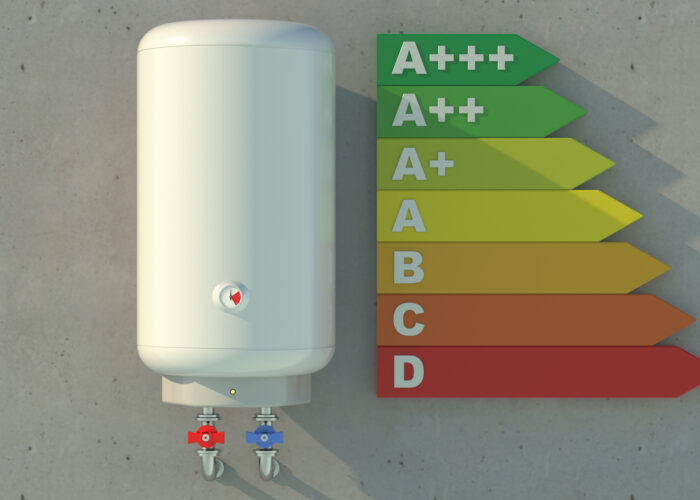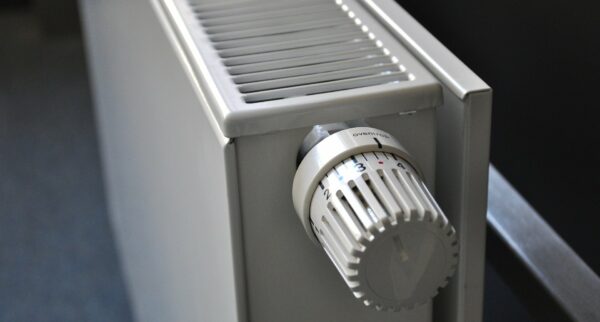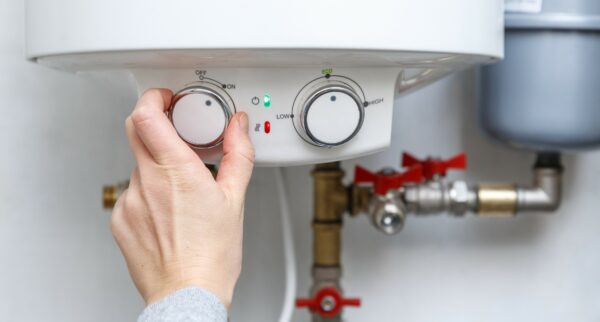
Costs are shooting up, which leaves us wondering where we might be able to save a few pennies.
There are many homes that are fitted with older boilers which are not as efficient when it comes to heating a home quickly. This ends up costing you much more than a brand new boiler would.
We conducted research of 2,000 UK adults who currently own or rent a property and found that only 12% of people across the UK have a boiler with the most efficient rating of 90% and above.
What is the current efficiency status of boilers?
Modern boilers are the most cost effective as they are ‘condensing’, which means they are able to recover heat that was previously lost via the flue to preheat the heating system. Combi boilers are super efficient and when they are condensing as well you will really save megabucks.
According to the heating hub, modern condensing boilers are labelled between 92-94% efficient or A-rated. Boilers over 25 years old can be as low as 60% in efficiency or G-rated.
According to our research:
- 13% UK adults have following boiler rating: C – 82-86% (boiler around 10 years old)
- 13% UK adults have following boiler rating: D – 78-82% – (boiler around 15 years old)
- 7% UK adults have following boiler rating: E – 74-78% (boiler around 20 years old)
The research revealed that people in London have the lowest boiler ratings overall; only 18% have a 78-83% boiler and 14% having a 74-78% boiler.
In contrast, those in the North East and Yorkshire have the most efficient boiler ratings. 19% of them have a boiler rating of 90% and above.
What about boiler services and repairs?
The cost of living crisis has pushed many people into making cutbacks. We found that around half (46%) have put off boiler service, repair or replacement because of high energy and living costs.
A further 44% specified that they simply could not afford to get their boiler serviced, repaired or replaced. Across London, 90% of people specified that they have been putting off sorting their boiler out. Almost a quarter (24%) of these people avoided the servicing, repairs or replacement because they cannot manage the cost of it, whereas the remaining 24% have put it off as a direct result of the cost of living crisis.
Will replacing a boiler save you money?
If you have a boiler that is over 20 years old and fairly inefficient, a new boiler would save you around £340 per year. However if your boiler is only 10 years old it won’t have a massive impact if it is already reliable with low maintenance costs.
Should you have a younger boiler with higher maintenance bills then replacing it would benefit your bank account.
JustServicesGroup.com offers 0% boiler finance with no deposit for new boilers so you don’t have to fork out the entire cost upfront given the climate.
If you are putting off a boiler repair because of the fees involved, make sure you work through this checklist before panicking too much. You can find loads of free tips here.
How to choose a boiler?
If you are planning to replace your boiler before next winter make sure you choose the best one for your household’s needs.
Think about how much hot water you use, the size of your property, what fuel you can use and your existing system.
Energy efficiency is a major consideration thanks to fuel prices shooting up so make sure you factor this in as well.
What are the different types of boilers?
There are three main types of boilers; combi boilers, heat only and system boilers.
Combi boilers
Combination or Combi boilers are a single unit that is typically hung on a wall. They provide heating and hot water.
Combi boilers use a metal heat exchanger to heat hot water on demand. This is done by burning fuels such as gas. They do not need a separate hot water storage tank unlike traditional boilers.
These are largely more efficient and can save you money on heating costs. They are really compact which makes them suitable for small properties as well as larger ones.
Heat only boilers
Regular boilers have three components; the boiler, separate hot water storage cylinder and a cold water storage tank.
Heat only boilers work by pushing hot water directly to the central heating system. Cold water goes to the boiler via the cold water tank which fills the boiler.
These traditional boilers provide a greater flow rate and are therefore more effective in bigger properties such as ones with more than one bathroom. They’re a great option for heating systems that are a bit older and can’t handle the higher pressures of closed systems.
System boilers
These are an upgraded version of the heat only boiler. They generate hot water on demand and heat water for your radiators.
Similar to a heat only boiler they have a separate hot water tank. The pump, expansion vessel are internal so it doesn’t require a cold water tank, water is fed to the boiler via the mains.
System boilers have larger capacities so they are a good choice for bigger properties. As all components are internal they don’t need quite as much space as a heat only boiler.
Research: Consumer research was carried out by OnePoll of 2,000 UK adults who currently own or rent a property.




